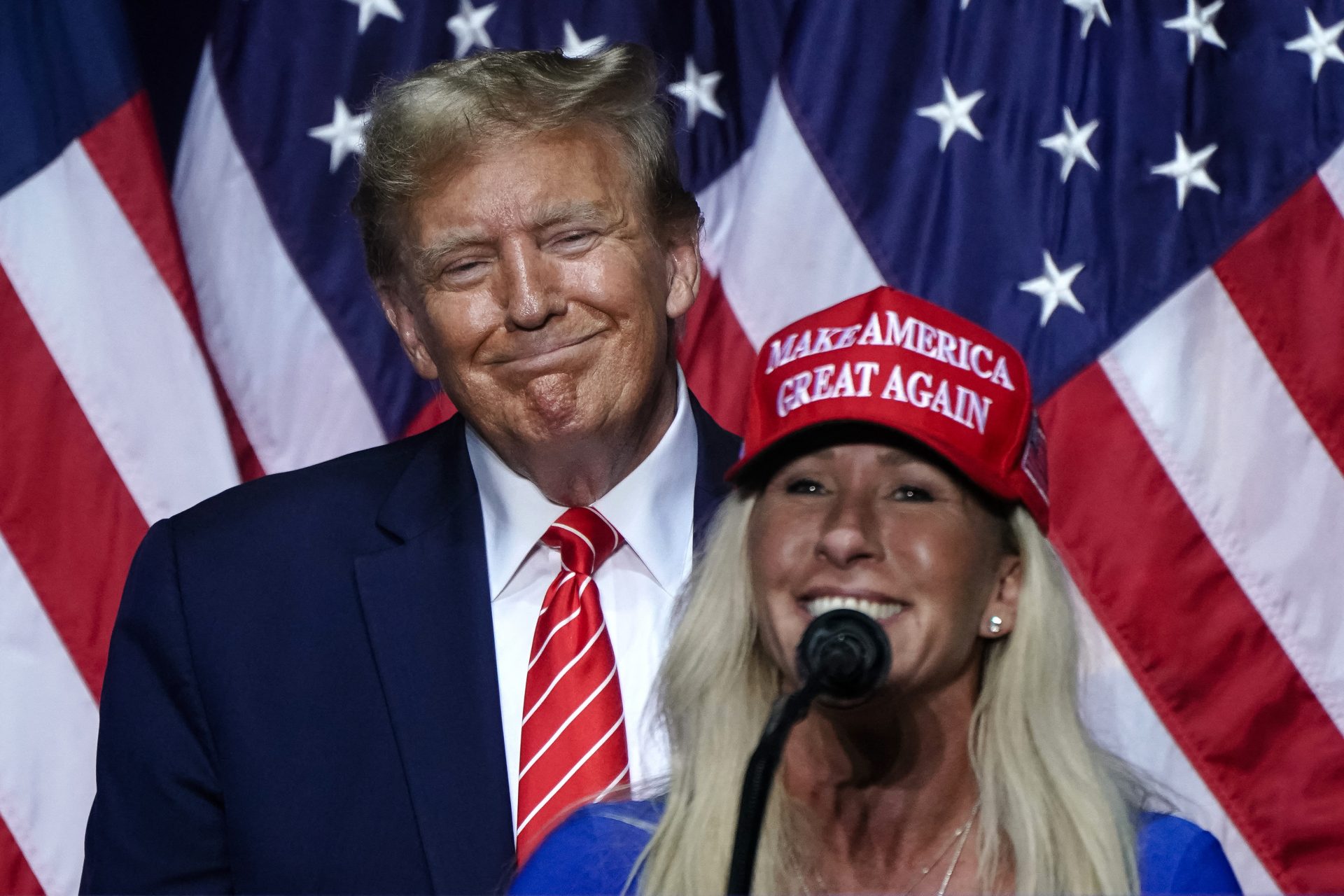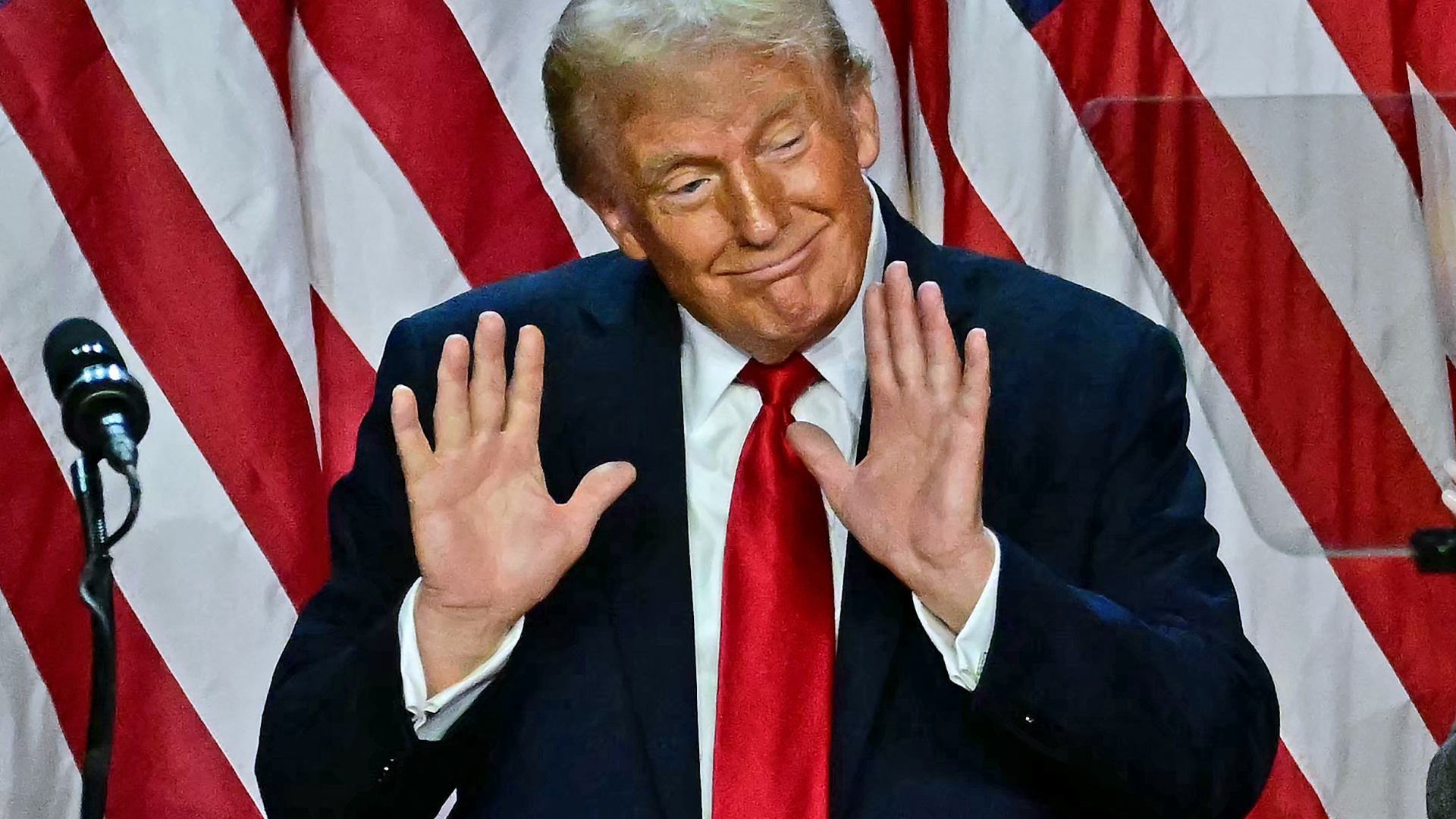U.S. intel knew Wagner’s revolt was coming but only told key allies
Wagner Group chief Yevgeny Prigozhin’s recent failed armed rebellion might have come as a surprise to the world but American intelligence agencies had a clear picture of what was going to unfold according to sources that spoke with CNN about the coup attempt.
U.S. intelligence agencies had allegedly gathered a lot of information about the Wagner Group’s coup in the days leading up to the revolt and had enough details to understand where the rebellion would take place and how the mercenaries planned to advance.
This information was not only known to American officials but was also shared with the country’s closest allies according to the sources who explained the intelligence situation to CNN, including some senior British officials but not with the broader NATO alliance.
The sources explained that the decision to rise up against leaders in Moscow was likely the result of a June 10th declaration by Russia’s Ministry of Defense that ordered every “volunteer detachment” fighting for Russia to sign contracts with the military by July.
"These measures will increase the combat capabilities and effectiveness of the armed forces and their volunteer detachments," Deputy Defence Minister Nikolai Pankov said in a statement Reuters reported. But Prigozhin wasn’t willing to sign any contracts.
Just one day after the announcement, Prigozhin said in an audio statement that Wager Group forces wouldn’t sign any contracts with Defense Minister Sergei Shoigu, publicly refusing to bring his men under Russia’s control according to a report from Reuters.
"Wagner will not sign any contracts with Shoigu," Prigozhin said, adding that Russia’s defense minister didn’t know how to “properly manage military formations” and that the Wagner Group was coordinating its actions in Ukraine with General Sergei Surovikin.
Sources told CNN that the intelligence surrounding Prigozhin’s mutiny was so secret it was only known by a select group of senior officials in the Biden administration and the “Gang of Eight”, a group in Congress CNN noted had access to the most sensitive intel.
“It was an extremely tight hold,” one source familiar with intelligence about Prigozhin’s plan told CNN, which the news organization noted might explain why so many officials in the United States and Europe were taken by surprise when the armed revolt began.
CNN wasn’t the only news outlet to speak with unnamed senior officials familiar with the Wagner Group’s plan to march on Moscow. The Washington Post also reported on the story and noted that U.S. intelligence had known since mid-June something was up.
“There were enough signals to be able to tell the leadership … that something was up,” one intelligence official who spoke under the condition of anonymity explained to The Washington Post. “So I think they were ready for it.”
The unnamed intelligence official also said that those in the know began to worry about what would happen. Some questioned if Vladimir Putin would be ousted from power and what the resulting instability would mean for the country’s dangerous nuclear arsenal.
“There were lots of questions along those lines,” the official said, questions which are exactly what you would want the leading senior administrators in the United States to be asking if the world’s largest nuclear power was on the verge of breaking into a civil war.
The Washington Post noted White House officials were briefed on the situation as well as senior officials at the Pentagon, State Department, and in Congress, which meant it was a well-kept secret though few people familiar thought the coup would end so fast.
Putin cut a deal with Prigozhin 48 hours into the armed rebellion that saw the Wagner Group chief head off to exile in Belarus while those who joined his rebellion were given amnesty. Those who didn’t participate were to be offered a military contract.
The Wagner Group mercenary force that marched on Moscow got within 120 miles of the Russian capital before the deal was struck and U.S. intelligence officials revealed that may have meant Prigozhin had some support from the army and security services.
“If Prigozhin intended to drive a wedge between the command of Russian Federation Armed Forces and the Kremlin he failed,” one senior official said, noting there likely wasn’t a falling out between Putin and the military leaders Prigozhin distrusted.
How the saga will play out has yet to be seen but the armed revolt revealed more than just Russia’s weakness. It cemented the crisis Putin could face as Russia continues to flounder in Ukraine and showed other parties that a rebellion could be successful.
More for you
Top Stories































